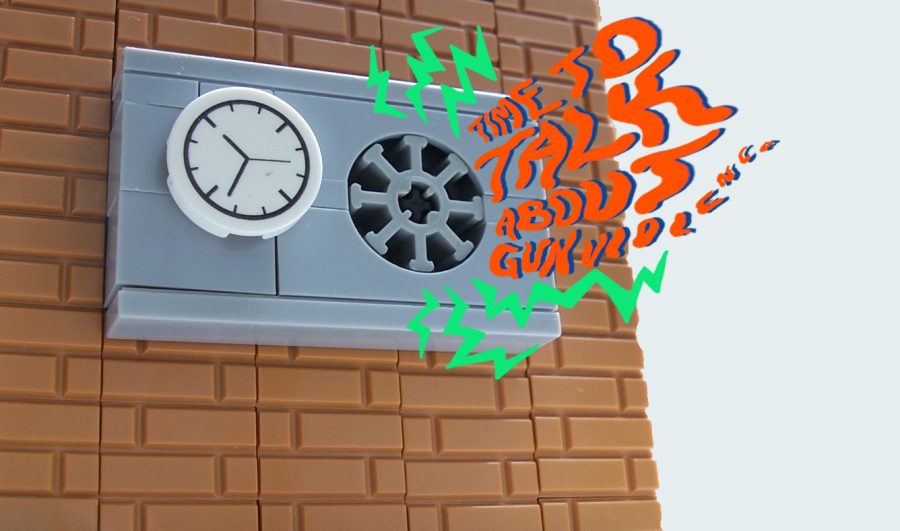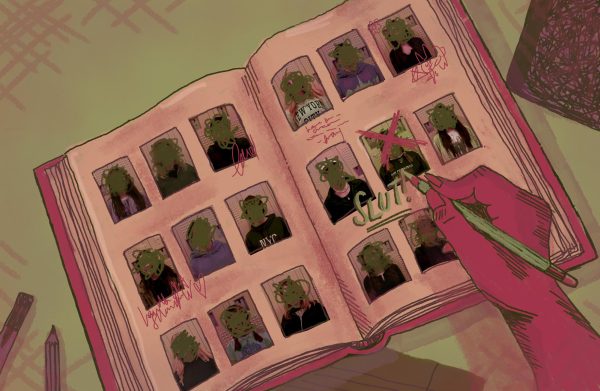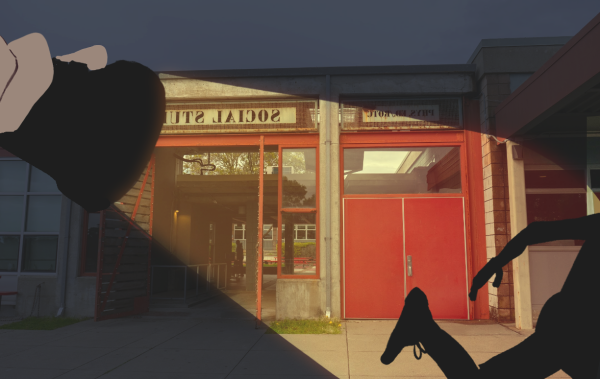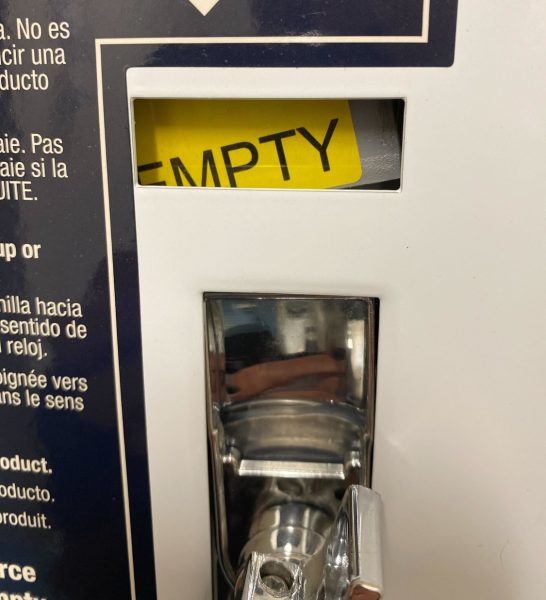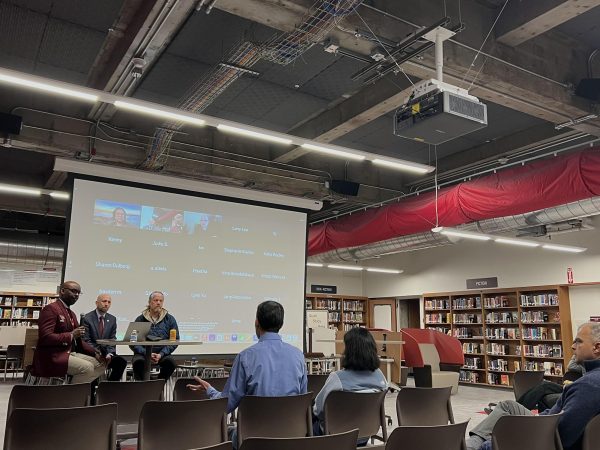Student activism: Lowell students advocate for improved school safety
As seen with the recent gun-related incident at Balboa High School, gun violence can happen anywhere, even in perceived safe spaces like schools. Although no one was injured by the weapon, the incident continues to raise concerns about the safety of students and teachers in schools.
At Lowell, student activists have been pushing for better school safety. The Student Safety Committee (SSC), which was formed shortly after the Parkland shooting at Marjory Stoneman Douglas High School, is one example of students advocating for improved school safety at Lowell. For SSC member, senior Ashley Tran, the Parkland shooting led her to have worries about her safety at school. “Right after the shooting in Parkland, I was really concerned; I stayed up at night,” Tran said. “This could happen at school. I felt so safe at Lowell until that point.”
Many Lowell students believe that safety measures could be implemented to help students and teachers feel safer at school. Two main concerns are that the locks on classroom doors can only be locked from the outside, and that some of the PA systems on campus don’t work. Because locks on classroom doors can’t be locked from the inside, if a school shooting were to happen, someone from inside the classroom would have to risk their lives locking it from the outside. Additionally, if a school shooting occurs and students are in a classroom where the PA system doesn’t work, then their lives could be in danger because they would be oblivious to the situation they are in.
Senior Kassandra Castillo feels that enabling classroom doors to be locked from the inside would make it “easier and better” for students and teachers to protect themselves during a school shooting. She thinks that no student or staff member would have to risk their lives in order to lock the classroom from the outside.
Junior Emily Hoang also echoes Castillo’s views on school safety. Hoang feels that the school administration should “ensure that all PA systems [on campus] actually work and that the locks on the doors lock from the inside.”
In order to help address the concerns of Lowell students, Tran and another SSC member, Portia Patnon, have been working with the administration to have the PA system improved and the locks on Lowell classrooms fixed so that they can be locked from the inside.
Another concern students have is how open to the public Lowell’s campus is. “It’s so easy for someone to just come on campus, even if they’re not necessarily from this school,” sophomore Kyla Mates said.
To help solve this issue, sophomore Michelle Chen suggests assigning security guards at the school entrances near the World Language Building. “Where the World Language Building is, it’s really open and really easy to come in from there, but there aren’t really any security guards there,” Chen said. “No one’s really watching this whole area along the football field,” Chen added, “so maybe bringing more security to other parts [of the school] because more are just in the Main Building.”
According to Vice principal Orlando Beltran, the locks and PA systems have gradually improved this past summer, but are not entirely renovated yet. He added that a “handful” of teachers have reported working intercom systems since the summer renovations, but that there’s still more that need to be fixed.
Beltran also placed a bid with the district to get Lowell’s locks changed. As of now, Lowell is scheduled to have its locks changed in the summer of 2019. However, this is not guaranteed to happen due to factors such as budget and timing changes that could delay or cancel the process. The Student Advisory Council (SAC) and Lowell Parent Teacher Student Association (PTSA) plan to keep a close eye on the project to ensure that the lock and PA system changes happen on time.
Getting the locks changed is a complicated process that involves various bodies within the school district, including the Risk Management Office, the Facilities Department, the Locksmith Department and possibly even the district’s superintendent Dr. Vincent Matthews. This is further complicated by the number of schools in the district who are requesting their locks to be changed. Within the district, there is a mix of schools with internal locking mechanisms, and others without. After the Parkland shooting, many elementary, middle, and high schools without internally locking doors placed bids to have their locks changed.

Door Lock
The concerns about school safety stem from the Parkland shooting that occurred in February. During the Parkland shooting, teacher Scott Biegel from MSD was killed and 15-year-old student Anthony Borges was injured attempting to lock the classroom doors, which could only be locked from the outside.
In a survey conducted by The Lowell, 28.7 percent of Lowell teachers surveyed lock their doors at the beginning of class. Some teachers like English teacher Jennifer Moffitt lock their doors from the outside at the beginning of class instead of leaving their doors unlocked.
However, there are downsides to having the door locked during class. If a student leaves to use the restroom or to get water, they have to knock to get back into class. This may disrupt a class or a teacher especially if the teacher is lecturing.
Beltran has encouraged teachers who are concerned about the safety of their students to lock the door and put a magnet in the door jam so it doesn’t fully close, a solution to prevent leaving the classroom in order to lock it from the outside. Although students at Lowell feel that locking the doors during class is progress towards having a safer school, some students like Tran believe that it’s only a temporary solution. “For me, it has a very psychological impact,” Tran said. “It makes me feel safer because I know the door is locked, so personally I feel like that is a solution, but a temporary one.”




